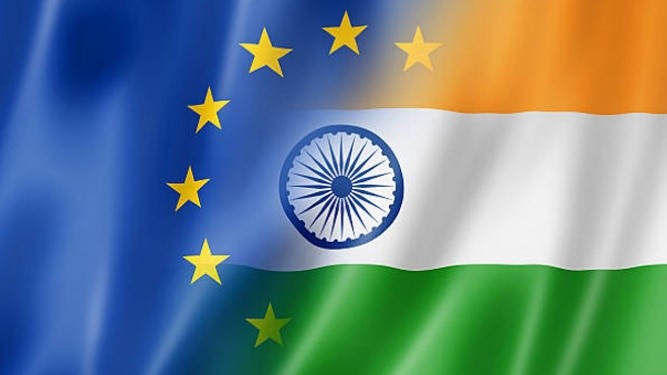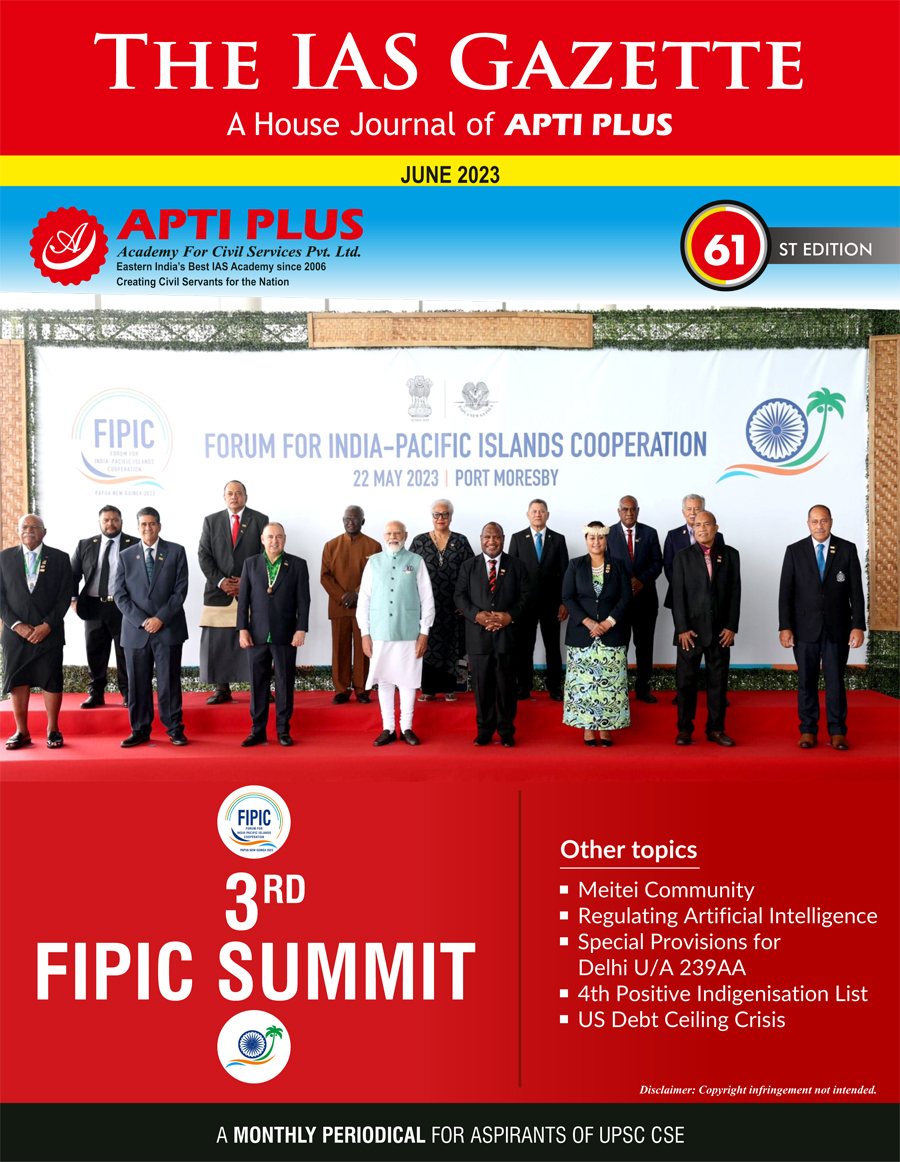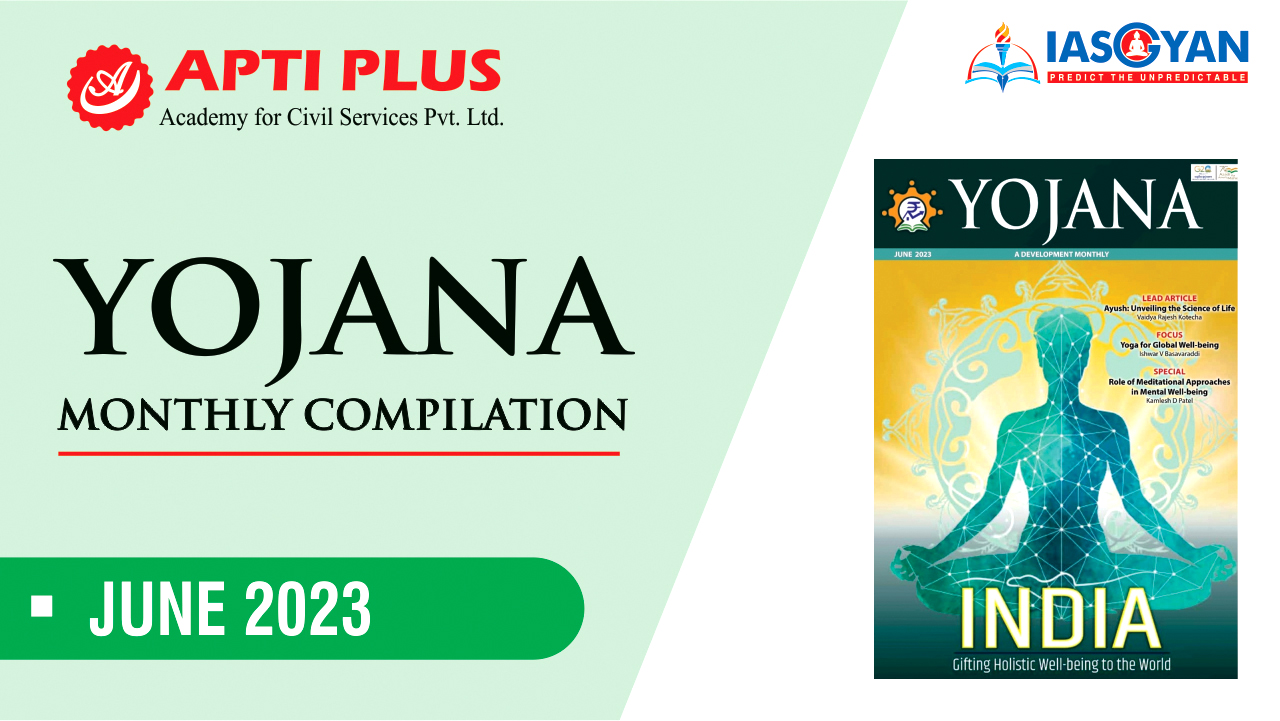Description

Disclaimer: Copyright infringement not intended.
Context
- India rejected the European Parliament’s plan to hold an “urgent debate” on the violence in Manipur, calling it an issue “totally internal” to India.
READ ALL ABOUT INDIA-EU TIES: https://www.iasgyan.in/daily-current-affairs/india-eu-ties#:~:text=India%20benefits%20from%20tariff%20preferences,merchandise%20exportsto%20the%20EU.
Origins of the Relation
- The 1994 EU-India Cooperation Agreement provides the legal framework for EU-India relations and boosted political, economic, and sectoral cooperation.
- EU-India relations have evolved significantly since the commencement of annual summits in the year 2000.
- In 2004, the official declaration of the EU-India Strategic Partnership took the relationship a step further.
- There have also been regular dialogues on regional and global issues of shared interests.
- The EU and India have regular foreign policy and security consultations and pursue cooperation on security issues such as counter-terrorism, cyber-security, counter-piracy/maritime security, non-proliferation, and disarmament.
- There are close contacts in multilateral forums and interactions during regional or international events and a shared commitment to enhance cooperation on common priorities further, including on human rights issues.
Trade and Economic Relations
- India’s bilateral trade with EU amounted to USD 116.36 billion in 2021-22. Despite the global disruptions, the bilateral trade achieved an impressive annual growth of 43.5% in 2021-22.
- Currently, EU is India’s second largest trading partner after US, and the second largest destination for Indian exports.
- The trade agreement with EU would help India in further expanding and diversifying its exports of goods and services, including securing the value chains.
- Both sides are aiming for the trade negotiations to be broad-based, balanced, and comprehensive, based on the principles of fairness and reciprocity.
Fostering an Important Economic Relationship
- In 2022, the European Union relaunched negotiations with India for a Free Trade Agreement, and launched separate negotiations for an Investment Protection Agreement and an Agreement on Geographical Indications.
- The trade negotiations aim to remove barriers and helping firms – especially smaller ones – from both sides to export more; open up services and public procurement markets; Ensure protection of geographical indications; pursue p commitments on trade and sustainable development.
- The investment protection negotiations aim to provide investors from both sides with a predictable and secure investment environment.
- In 2023 EU and India also set up a new Trade and Technology Council (TTC). The TTC will deepen strategic engagement on trade and technology between both partners. The cooperation in the TTC should focus on key issues of shared strategic importance, including trade, trusted technology and security.

Science, Technology & Digitisation
Cooperation on research and innovation with India:
- Governed by the Agreement for Scientific and Technological Cooperation signed in 2001. Renewed for the third time on 17 May 2020 for a further 5 years;
- In line with the EU Strategy on international cooperation on research and innovation called Europe’s Global Approach, the EU is open to more cooperation with India, a like-minded country respecting fundamental values such as academic freedom, gender equality, research integrity and ethics, open science and the rule of law.
EU-India partnership roadmap:
- Adopted at the EU-India Summit on 15 July 2020. Guides joint actions and further strengthening the EU-India Strategic Partnership over the next 5 years;
- Contains research and innovation actions on combatting Covid-19, supporting India’s modernisation process, the green transition, human-centric digitalisation, and social sciences and humanities;
- Aims to increase two-way mobility of students and researchers and consider gender equality in science;
- Both sides also agreed to enhance cooperation on innovation and technology deployment by tapping into each other’s innovation ecosystem, as established under the Europe-India Innovation Partnership (EIIP). For this, the EU supports the Horizon 2020 project EU-India InnoCentre.
- EU-India Leaders’ Meeting on 8 May 2021: Both sides committed to step-up cooperation on research and innovation in areas of mutual interest. Green transition, digital agenda, and global health challenges were identified as priority areas. Click here
- EU-India Connectivity Partnership: Adopted on 8 May 2021. Encourages both India and the EU to increase the two-way mobility of students and researchers. Under the People-to-People building block of the Connectivity Strategy with India. Click here
- EU strategy on Cooperation with the Indo-Pacific Region: Confirms the principle of engaging with India on research and innovation as set out in the Global Approach. Click here
Agreements and arrangements:
- EU-India Agreement on scientific and technological cooperation concluded in 2001, renewed in 2010, 2016 and 2020
- Cooperation agreement between the European Atomic Energy Community and the Government of India in the field of fusion energy research signed in 2010.
- Implementing Arrangement between the European Commission and the Indian Science and Engineering Research Board (SERB)enabling Indian researchers from STEM field to be hosted by ERC grantees in Europe – signed in 2017.
- Implementing Arrangement between the European Commission and the Indian Council of Social Science Research (ICSSR) enabling Indian researchers from Social Sciences and Humanities field to be hosted by ERC grantees in Europe – signed in October 2020
- European Atomic Energy Community (Euratom) and the Government of India Agreement for research and development cooperation in the peaceful uses of nuclear energy - signed in July 2020
- India is a member of the ITER project.
The Need for a Strategic Partnership
- The European continent has always been an important one for India, historically and culturally, the two have always been linked through trade and people-to-people exchanges.
- After the EU was formed in 1993, reconciling its political differences to form a new supranational organization, different member states had varied attitudes as far as India was concerned.
- The recent liberalization of the Indian economy in 1992 was seen by many EU member states as unstable and not far reaching.
- From the point of view of the Brussels diplomat, India was uncertain regarding its international role and its non aligned past was deemed a limiting factor.
- It would be another decade or so till all the EU member states acknowledged India as an important player in the global market.
- As a consequence, the EU-India relationship was left in a vacuum of uncertainty and mistrust. Thus, it became easier for India to build closer bilateral relationships with the larger EU member states than with the EU as a whole.
- From the Indian perspective, it was convenient for India to engage government with government; the EU institutions became an additional tier to deal with and the constant political flux of the EU, in which newer member states would join the EU or older ones would express dissatisfaction with the system became a concern for progressive Indian governments.
- Moreover, for all the simplicity that an economic and monetary union could possess, the EU from the point of view of the Indian policy maker remained a largely complicated organisation with ever evolving regulations and intragovernmental legislature.
- Therefore, it took almost a decade after the first EU-India Cooperation Agreement in 1994 for both actors to realise the importance, need and potential of this partnership.
- India and the EU, by 2004 converged as ‘natural partners’ in international politics to recognize each other as strategic partners.
- Although, often driven by divergent geopolitical considerations, both India and the EU base their foreign policy on the aspirations of its electorate and share the values of democracy, human rights and fundamental freedoms centred on the principle of multilateralism.
- With a very diverse socio-economic profile, both actors face common issues of poverty, inequality, terrorism, climate change, international piracy and rogue states.
- Today, all 28 EU member states have permanent diplomatic missions in New Delhi and there is also a permanent EU Delegation in India.
- The global political order of the second decade of the 21st century has mandated that Europe starts looking East for all its complications with the USA and India is now not only open to the world for business, but acts as an important balancing link in connecting Europe to the rest of Southeast Asia.

Future Prospects
- Any government-to-government partnership, more so, any strategic partnership between two major global powers should engage all the stakeholders.
- It must be based on a quadruple helix that includes the government, academia, industry and last but not the least, civil society.
- If India and the EU join forces on issues such as sustainability, environment, climate change, energy, science & technology, mobility, development, skill development, education and cultural exchanges, both sides will get recognition as important and responsible global power blocs.
- The key to achieving this, apart from building on existing trade relations and celebrating common democratic values, is to deepen the political dimension of this partnership.
- Summits at the ministerial and heads of state level must be held at regular intervals with no breaks for any reason whatsoever. Further, government-backed meetings of academics, think tanks and business houses must be encouraged and fostered.
- The EU-India strategic partnership is a significant partnership if not yet a fully ‘strategic partnership’.
- Furthermore, there is widespread faith that there is potential in the said partnership to grow into a robust arrangement through new ideas and multifaceted engagements to achieve strategic convergence that fulfills its utmost potential.
|
PRACTICE QUESTION
Q. The EU-India strategic partnership is a significant partnership if not yet a fully ‘strategic partnership’. If India and the EU join forces on issues such as sustainability, environment, climate change, energy, science & technology, mobility, development, skill development, education, and cultural exchanges, both sides will get recognition as important and responsible global power blocs. Comment.
|
https://epaper.thehindu.com/ccidist-ws/th/th_delhi/issues/43394/OPS/GEUBFPVFD.1.png?cropFromPage=true














